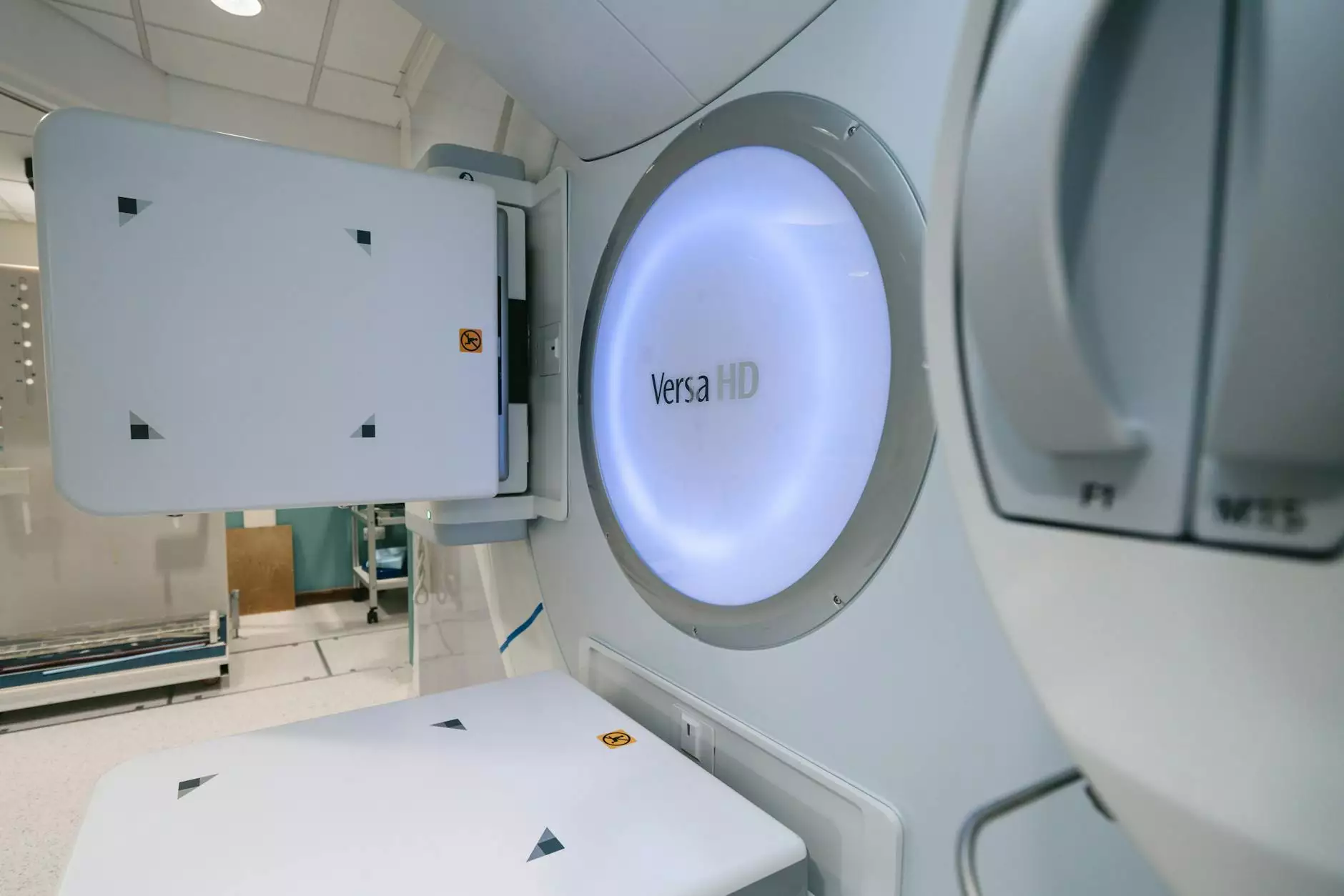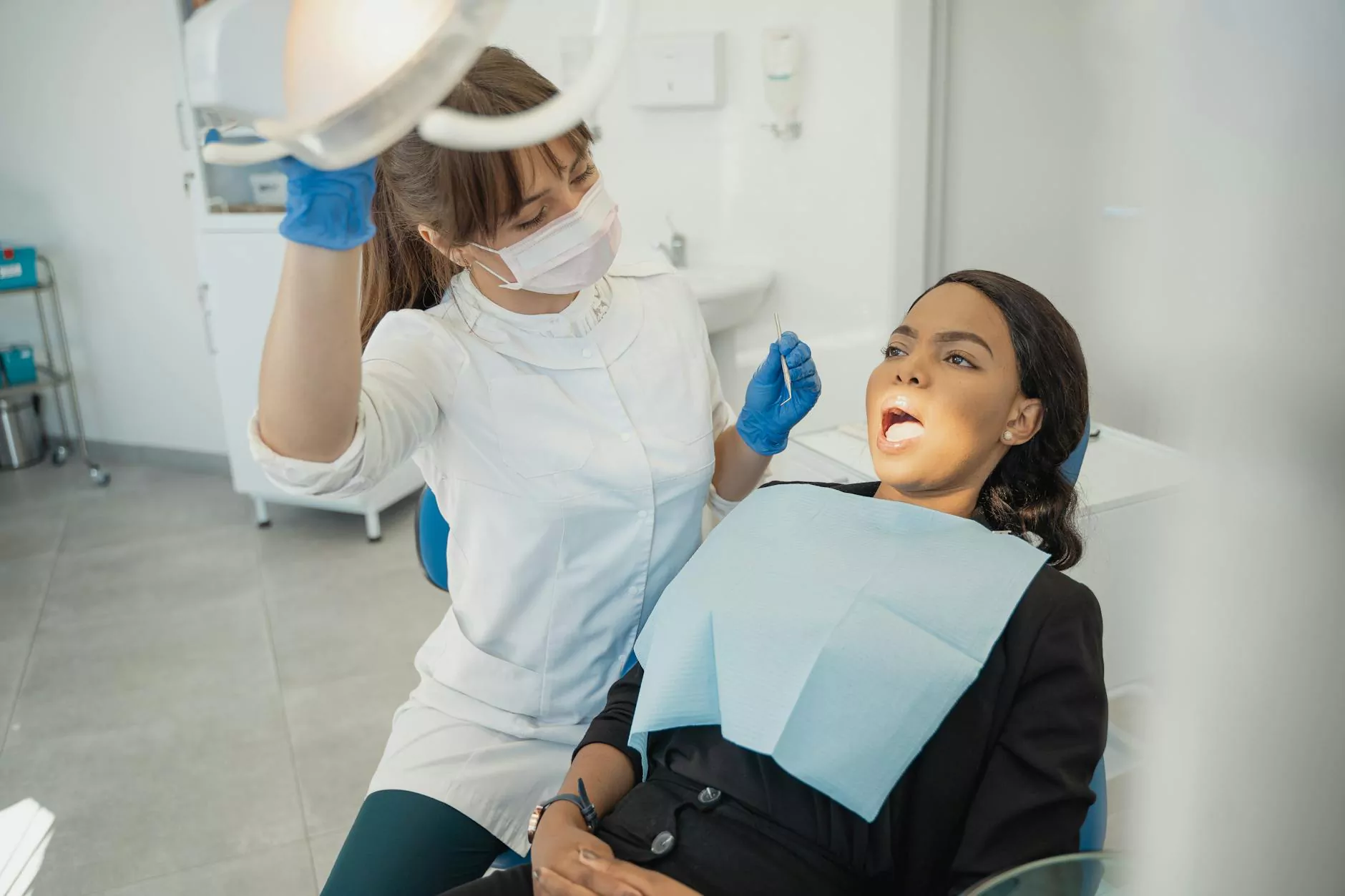Understanding Lung Cancer Treatment in Singapore

Lung cancer remains one of the leading causes of cancer-related deaths worldwide. In Singapore, strides have been made in the detection, treatment, and management of this disease, providing hope for patients and their families. This comprehensive article will delve into various lung cancer treatment options in Singapore, equipping you with vital information that can aid you or your loved ones in navigating this challenging journey.
What is Lung Cancer?
Lung cancer occurs when abnormal cells in the lungs grow uncontrollably, forming tumors that can spread to other areas of the body. The two primary types of lung cancer are:
- Non-Small Cell Lung Cancer (NSCLC): This is the most common type, accounting for approximately 85% of all lung cancer cases. It includes various subtypes, such as adenocarcinoma, squamous cell carcinoma, and large cell carcinoma.
- Small Cell Lung Cancer (SCLC): This type is less common but tends to grow and spread more quickly than NSCLC. It is often associated with a history of smoking.
Risk Factors for Lung Cancer
Identifying the risk factors associated with lung cancer is crucial for prevention and early diagnosis. Some of the most significant risk factors include:
- Smoking: This is the primary cause of lung cancer, responsible for approximately 85% of cases.
- Secondhand Smoke: Exposure to tobacco smoke from others can increase the risk, even for non-smokers.
- Environmental Factors: Prolonged exposure to radon gas, asbestos, and other carcinogens can contribute to lung cancer risk.
- Genetics: A family history of lung cancer can elevate the risk.
- Age: Most cases are diagnosed in individuals aged 65 and older.
Symptoms of Lung Cancer
Early-stage lung cancer may not present any noticeable symptoms. However, as the disease progresses, some common symptoms may include:
- Chronic Cough: A persistent cough that worsens over time.
- Chest Pain: Pain that may be constant or while breathing, laughing, or coughing.
- Shortness of Breath: Difficulty breathing or wheezing.
- Weight Loss: Unexplained weight loss can be a red flag.
- Fatigue: Extreme tiredness not explained by other conditions.
Diagnosis of Lung Cancer in Singapore
Early diagnosis is vital for effective treatment. In Singapore, healthcare providers employ various diagnostic methods, which may include:
- Imaging Tests: Tools such as X-rays, CT scans, and MRIs help visualize abnormalities in the lungs.
- Biopsy: A definitive diagnosis is often made through a biopsy, where a small sample of lung tissue is examined for cancer cells.
- Blood Tests: These tests, though not definitive for lung cancer, can provide additional information about the patient's overall health.
Treatment Options for Lung Cancer in Singapore
Singapore is renowned for its highly advanced healthcare services, and lung cancer treatment options reflect this excellence. Treatments vary depending on the type and stage of cancer, as well as the overall health of the patient. Here are the primary treatment modalities:
1. Surgery
Surgical intervention is often the first line of treatment for early-stage lung cancer. The main surgical procedures include:
- Lobectomy: Removal of an entire lobe of the lung.
- Pneumonectomy: Complete removal of one lung.
- Wedge Resection: Removal of a small section of the lung containing the tumor.
2. Radiation Therapy
Radiation therapy uses high-energy rays to target and kill cancer cells. It can be utilized as a primary treatment, especially when surgery is not feasible, or as an adjunct to enhance the effectiveness of surgery.
3. Chemotherapy
Chemotherapy employs drugs to kill cancer cells or inhibit their growth. It is often part of a multimodal approach, used either before surgery to shrink tumors or post-surgery to eliminate residual cancer cells.
4. Targeted Therapy
Targeted therapies focus on specific genetic mutations found in cancer cells. Medications like Alectinib or have shown effectiveness in patients with specific gene alterations.
5. Immunotherapy
Immunotherapy enhances the body’s immune system to fight cancer. Drugs such as Pembrolizumab or are part of this innovative treatment modality.
Innovations in Lung Cancer Treatment
Singapore's medical facilities, such as National Cancer Centre Singapore and Singapore General Hospital, are at the forefront of innovations in lung cancer treatment. Some cutting-edge approaches include:
- Personalized Medicine: Tailoring treatment based on the genetic makeup of the tumor.
- Minimally Invasive Surgery: Techniques such as video-assisted thoracoscopic surgery (VATS) reduce recovery time and complications.
- Clinical Trials: Patients may have access to promising new treatments through ongoing clinical trials.
Support and Resources for Lung Cancer Patients
Patients undergoing lung cancer treatment in Singapore have access to various support services, including:
- Counseling Services: Professional counseling for emotional and psychological support.
- Support Groups: Connecting with others facing similar challenges.
- Nutritional Guidance: Importance of maintaining a balanced diet during treatment.
- Physiotherapy: Especially vital for lung health, helping patients improve respiratory function and general wellbeing.
Conclusion: Navigating Lung Cancer Treatment
In summary, navigating lung cancer treatment in Singapore involves understanding the disease, exploring various treatment options, and availing resources for support. With advancements in technology and treatment modalities, patients can have hope for improved outcomes and quality of life. For those seeking specialized care in lung cancer treatment in Singapore, HelloPhysio.sg is an excellent resource for connecting with professionals in health & medical fields, sports medicine, and physical therapy.
Your journey may be challenging, but with the right information and support, you can face it with strength and courage. Remember, early detection and a proactive approach are your best strategies against lung cancer.
lung cancer treatment singapore








